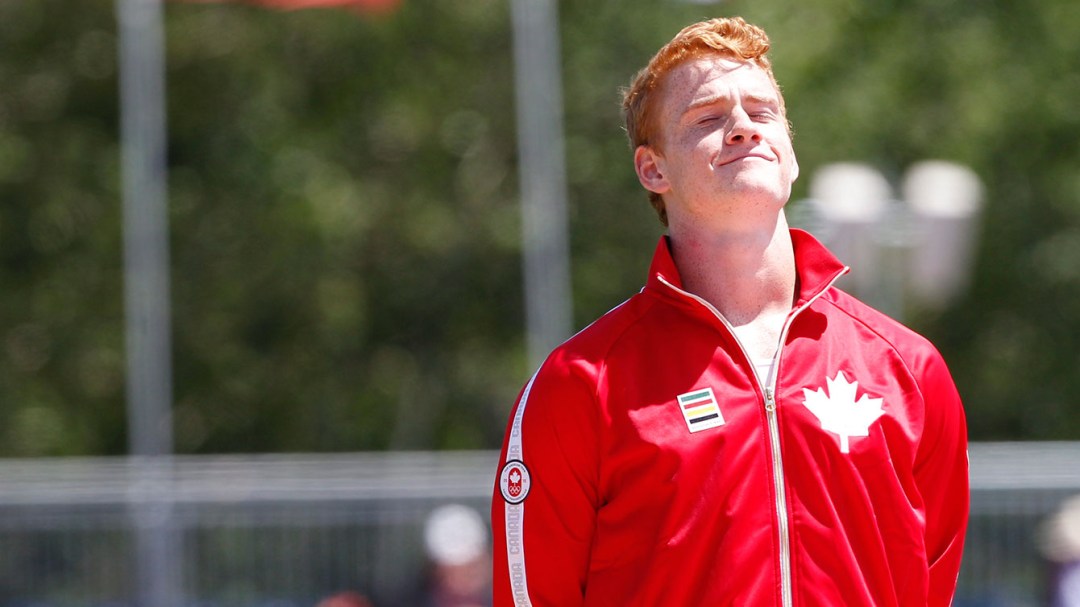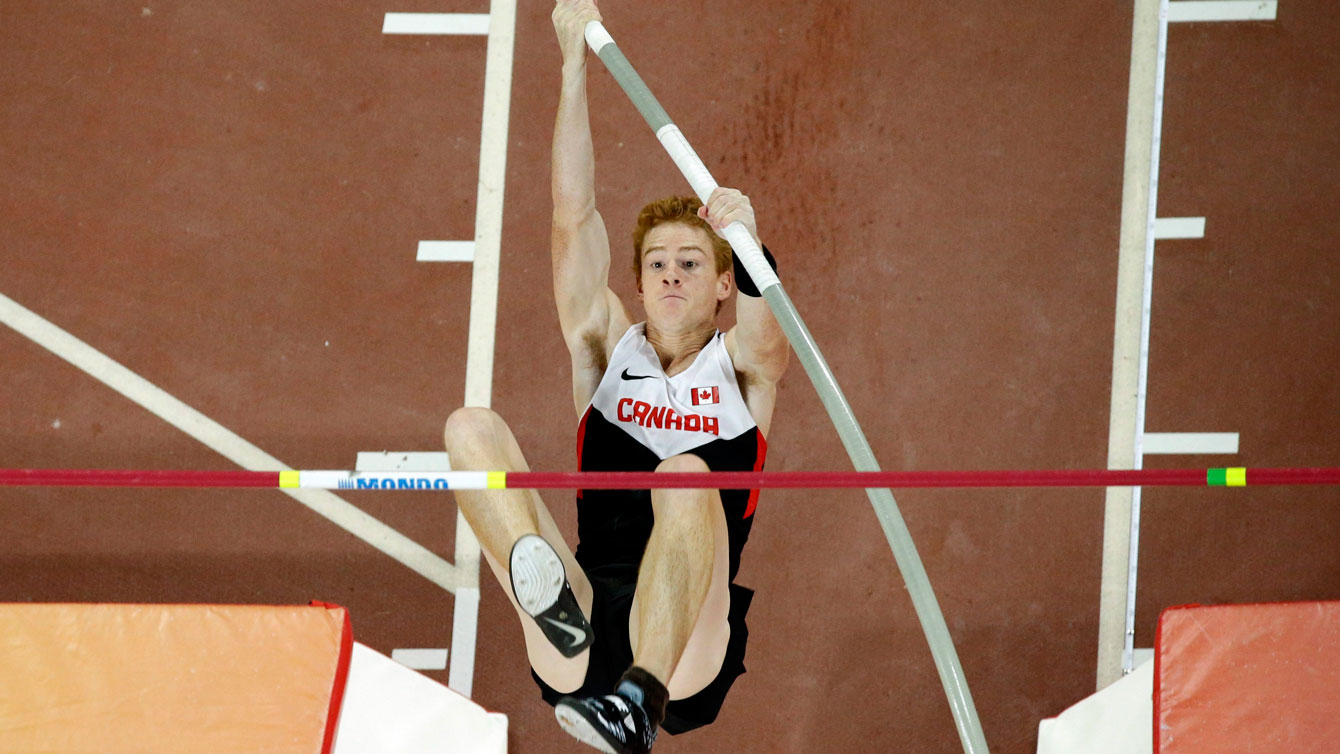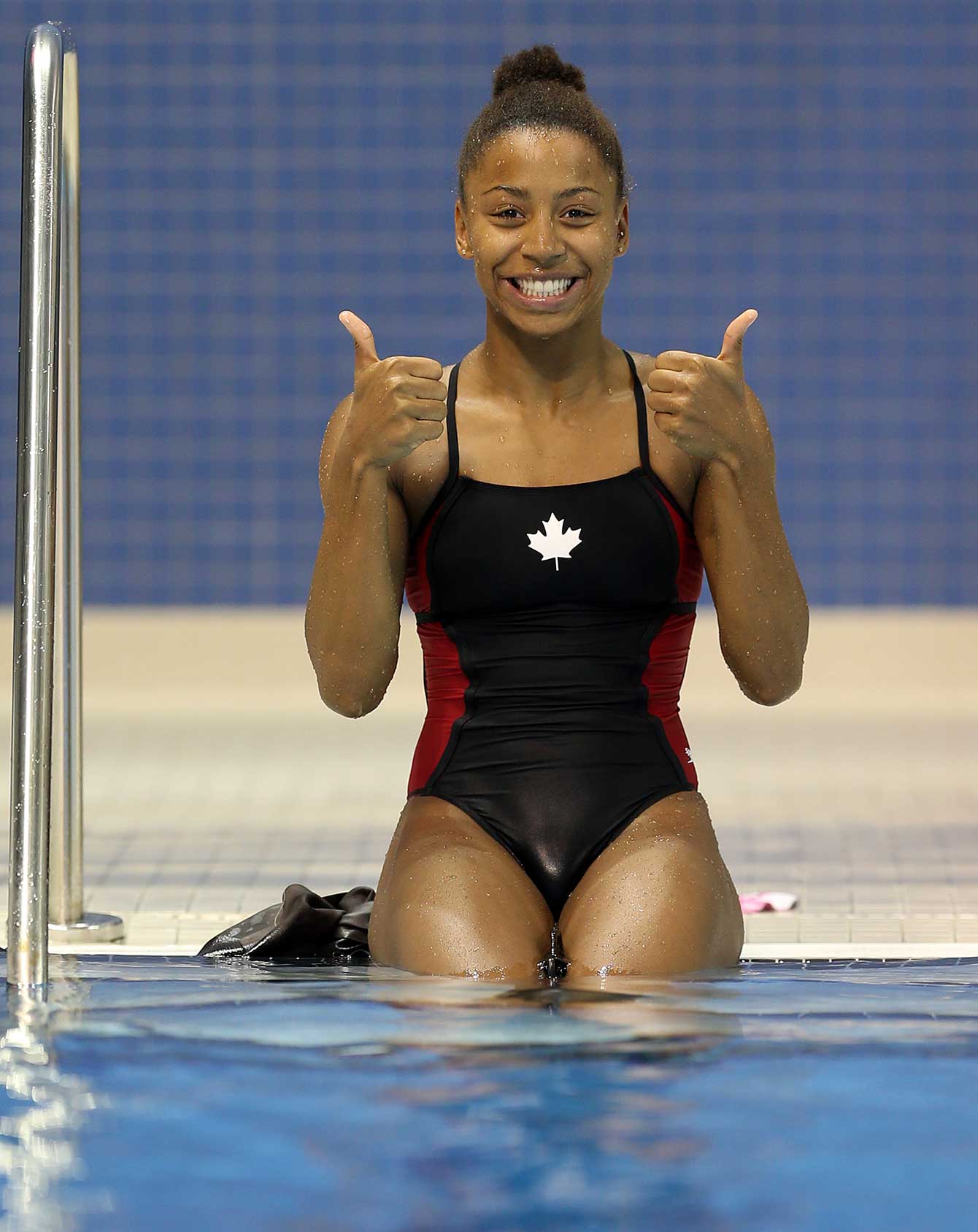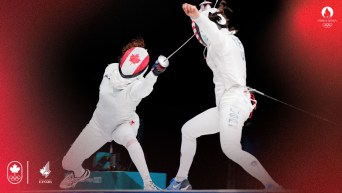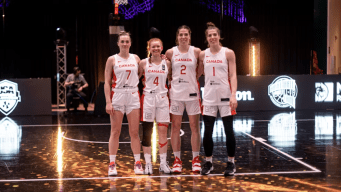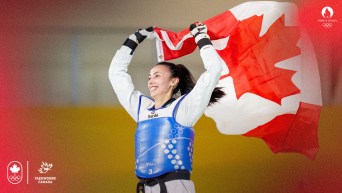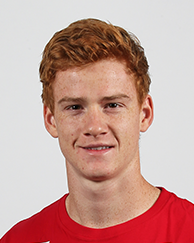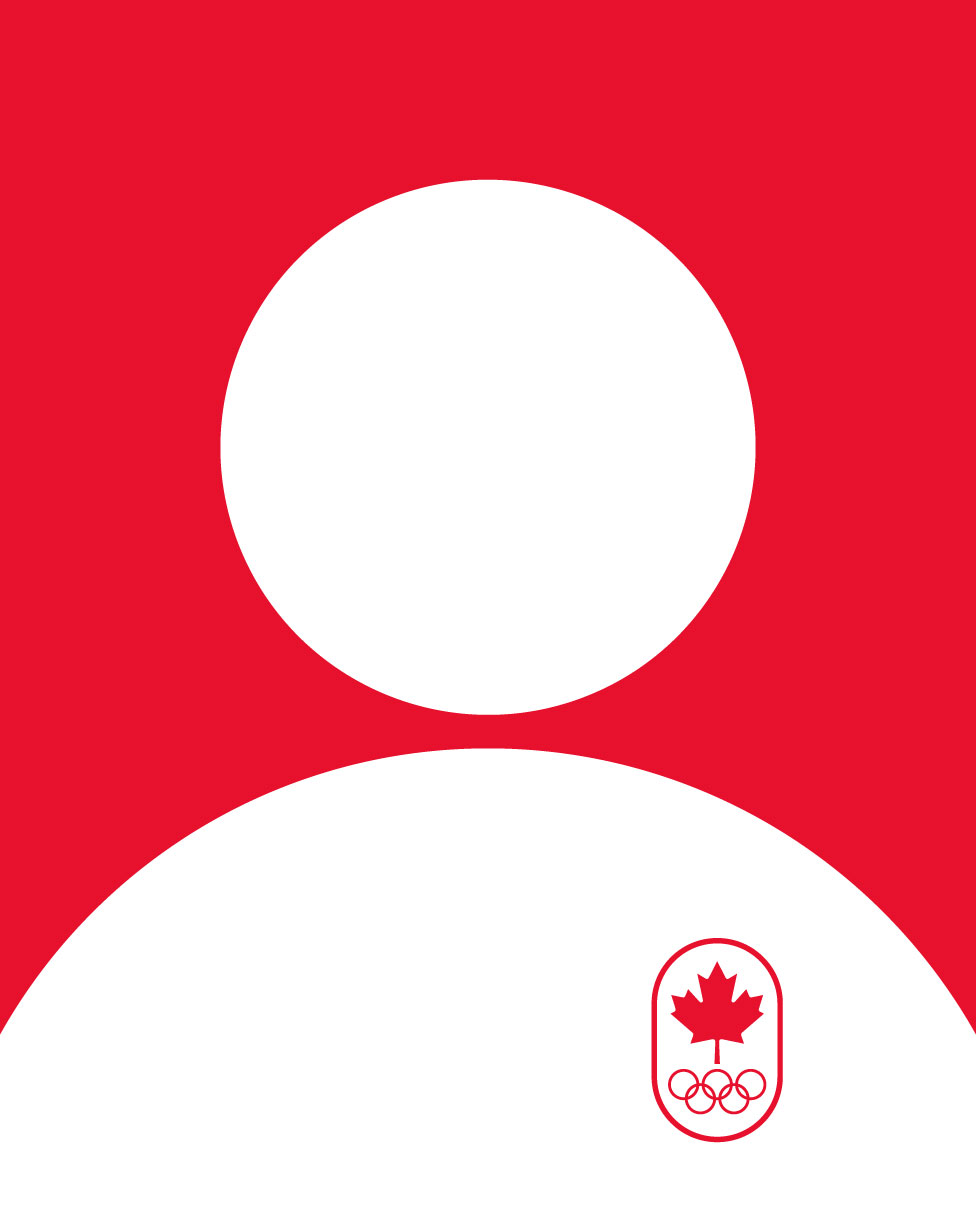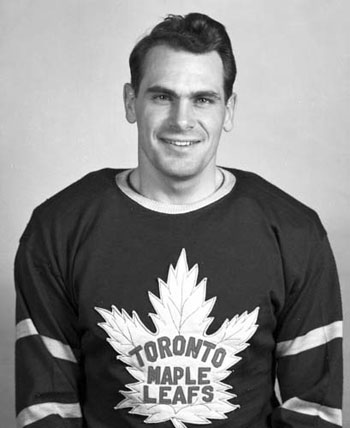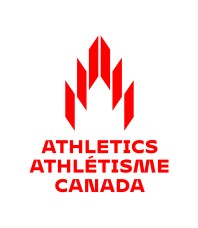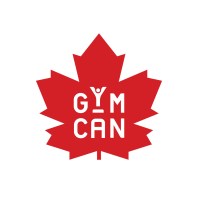How long is the off-season for a summer Olympic athlete?
Empty. Re-fill. Go again.
This is the simple yet unforgiving cycle for an elite athlete. It begins the moment they decide to heave themselves into the beautiful unknown of championship matches, rising heights, and harder dives.
And the crescendo of an Olympic season can begin in late summer. The off-season for some Olympic sports is as short as a handful of weeks.
Empty. Re-fill…
Pole vault world champion Shawn Barber is fresh off a transcendent season.
In late August the 21-year-old cleared 5.90-metres for his first world title. Then he turned pro and medalled at two more Diamond League meets to finish a season where he also became the Pan Am champion. That’s a lot of stuff to win.
His replenishment will be in the mind, “The whole reason people get hurt is usually mental,” said Barber of his sport, where intense focus turns to acrobatics after a split-second take-off.
Speaking with Olympic.ca in mid-September, Barber was one-week removed from his final competition, “I’m going to really enjoy looking back on it,” he said from Akron, Ohio, “In a couple weeks I’m going to do my best to put that season behind me and start looking towards 2016 and Rio.”
After she won a bronze at worlds, Calgary-based wrestler Geneviève Morrison visited her husband (who is in Toronto for a job).
“I was exhausted, we really emptied the tank going into the world championship,” she said. Like Barber, Morrison also won Pan Ams; she’ll take ‘a few weeks’ away from her sport.
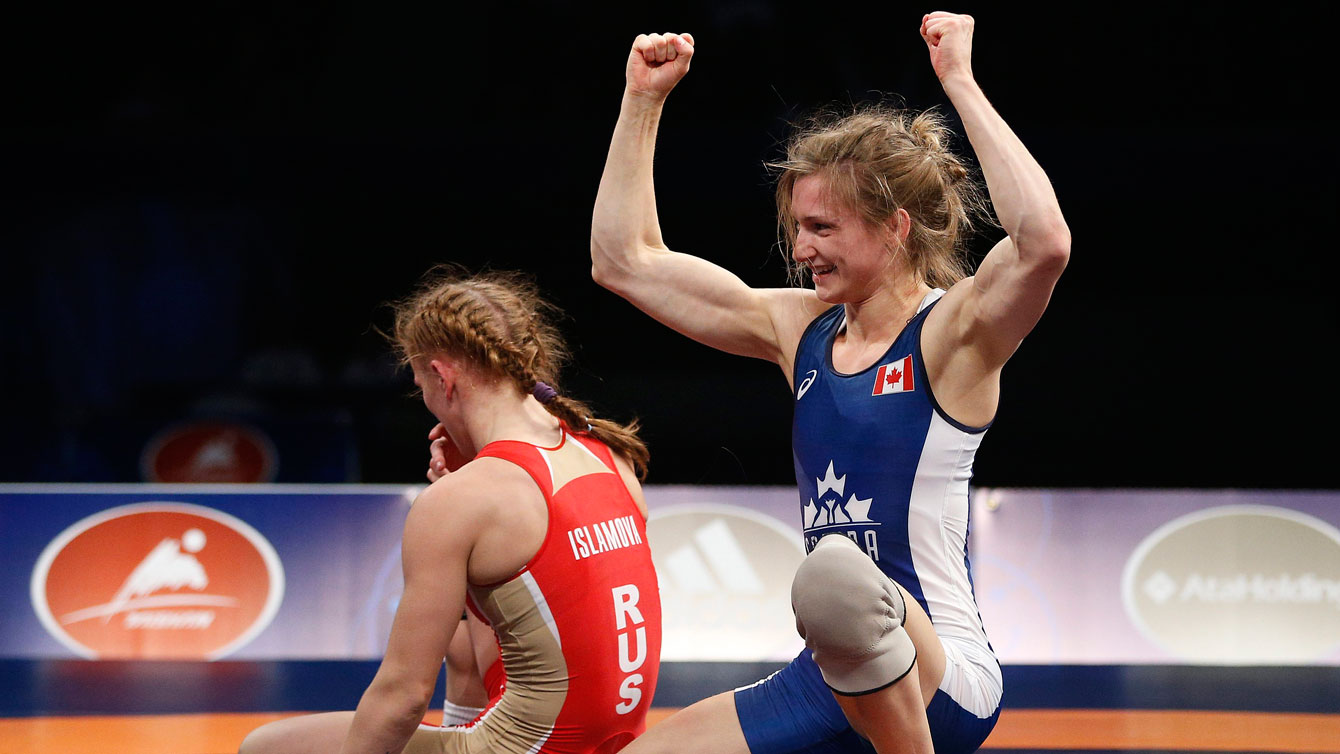
Geneviève Morrison celebrates winning bronze at the 2015 Wrestling World Championships in Las Vegas on September 9, 2015.
“I think taking that time away from the wrestling mat is really important just so that when you get back into it you’ve regained a rational mindset,” said Morrison.
It’s also for safety reasons, “When you’re not feeling sharp you’re literally getting beaten on.”
Six diving world series, two Grand Prix, a nationals, plus Pan Ams and World Championships.
That was Jennifer Abel‘s season. Obviously she’s a bit tired, “I went straight home, I needed to be in my bed,” said the Olympic medallist.
RELATED: Jennifer Abel astounds for Pan Am gold
She took two weeks completely off, then three-weeks in the gym, something she still considers easy. That’s a total of five weeks, her longest break since after London 2012. “I was excited to go back to the pool, and that means I rested enough to come back and train even harder,” said Abel, who is good enough to win multiple medals at her third Olympics.
A great number of summer Olympic sports have competitions pretty much the entire calendar year. The athletes become used to, and certainly covet, those few blessed weeks of normal life. Yet in a sense they are still working. Recovery is part of the performance equation. For many like Shawn Barber, Geneviève Morrison, and Jennifer Abel training for Rio 2016 begins during t-shirt weather.

